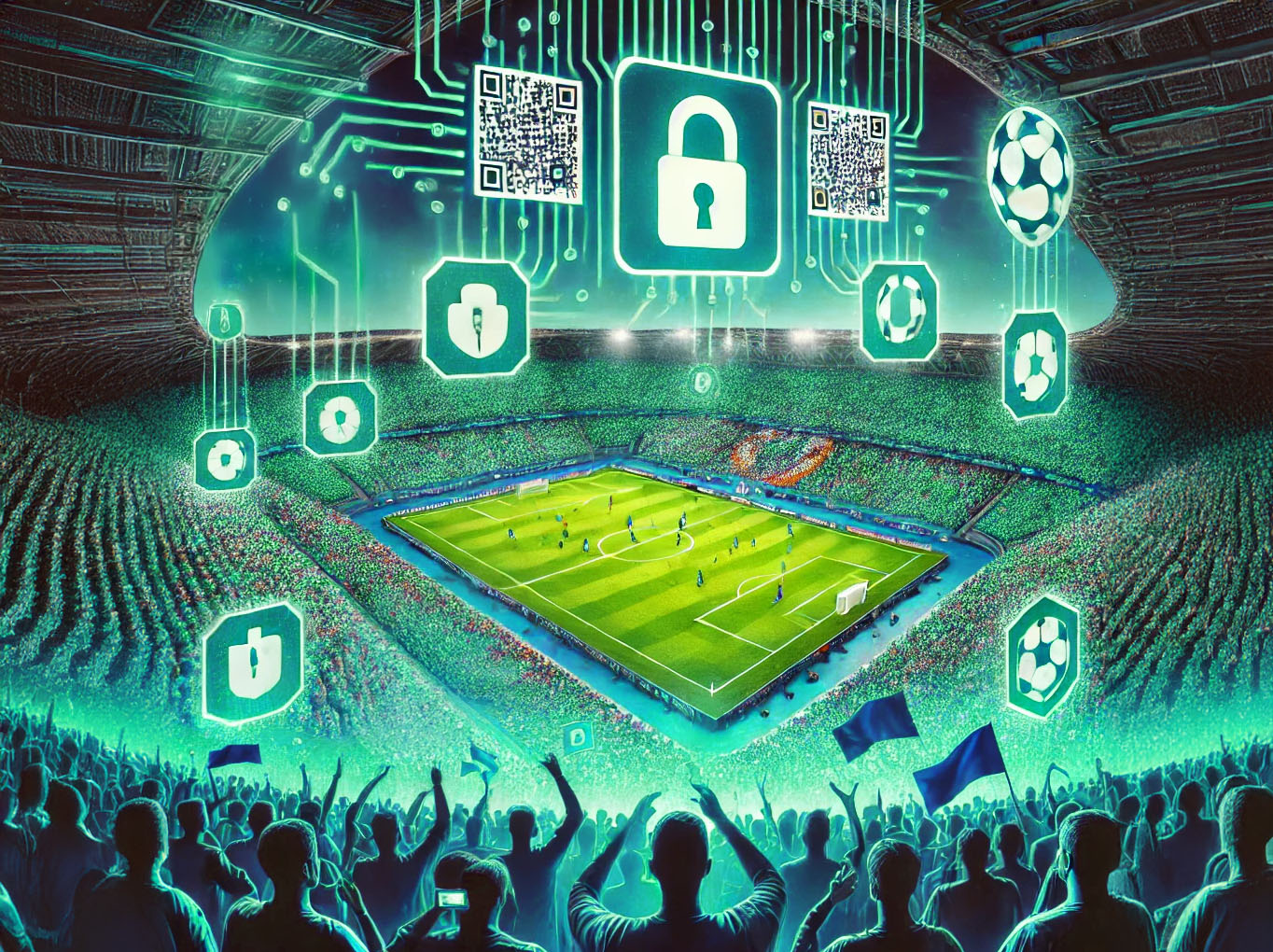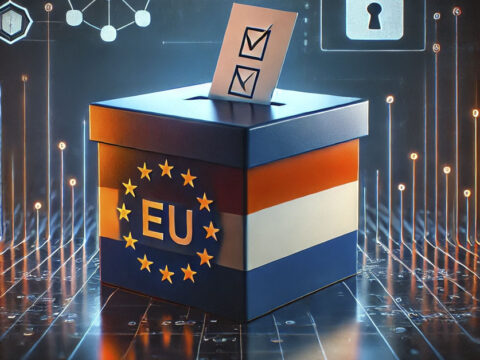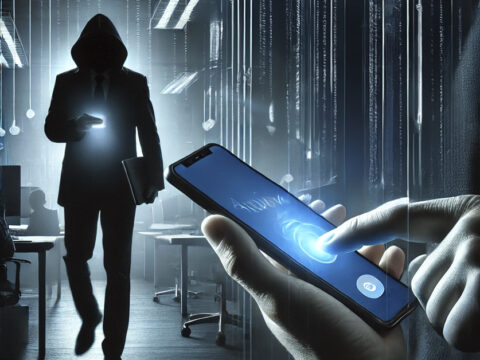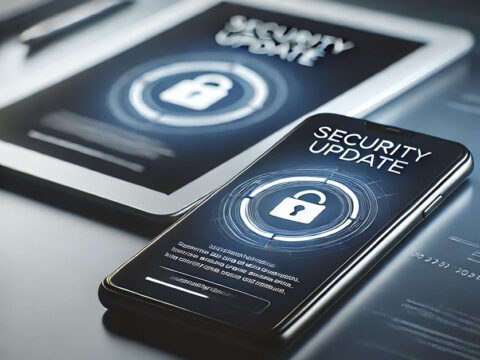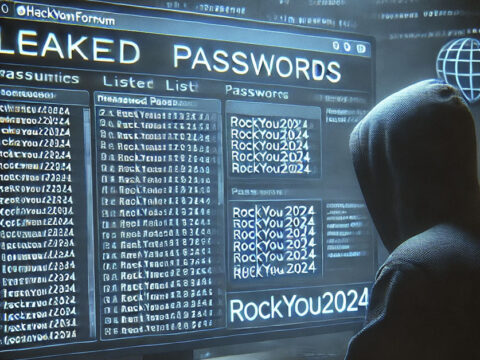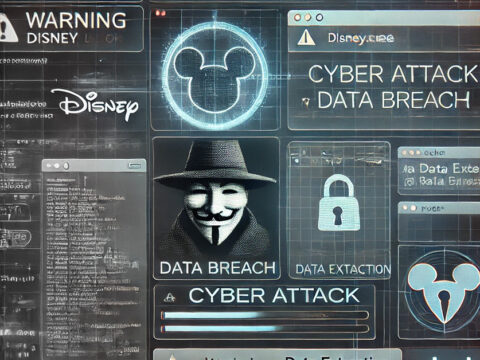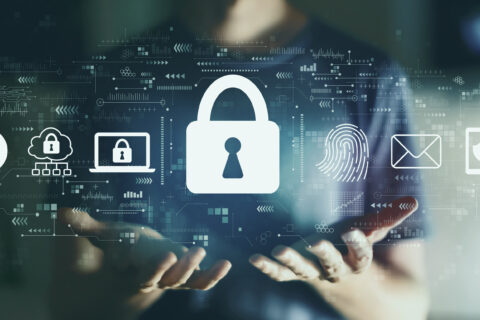Cybersecurity Risks Loom Over UEFA Euro 2024
Cybersecurity Risks Loom Over UEFA Euro 2024
As the UEFA European Championship (Euro) 2024 approaches, excitement is building among football fans across Europe. This highly anticipated tournament attracts millions of supporters from various countries, eagerly watching and cheering for their teams. However, the event’s widespread appeal also attracts cybercriminals eager to exploit the frenzy. Here are some key threats to watch out for and how to protect yourself.
Beware of Phishing and Dubious Streams
Phishing is one of the primary tactics cybercriminals use during high-profile events. These fraudulent emails often include links to fake tickets, free merchandise, match streams, betting opportunities, and surveys. These emails lead to websites that mimic legitimate platforms, tricking fans into providing personal information or making payments for non-existent products. It’s crucial to educate children and teenagers about these risks as well, since such links can also be spread via Instagram and other social media channels. Warning signs of phishing emails include unsolicited messages with a sense of urgency, offers that seem too good to be true, and unknown senders asking for personal information.
Additionally, beware of suspicious websites or apps claiming to offer live streams. While these sites may promise access to matches, they can also install malware on your computer. Malware is harmful software that can damage your computer or steal personal information. During the last World Cup in Qatar, a security expert identified 40 fraudulent streaming sites. These sites often appear legitimate and professional but can contain malicious software that infects your system once you visit or download a file. Stick to official and trusted sources for streaming matches to avoid these risks.
Public Wi-Fi and QR Code Dangers
Public Wi-Fi networks are another significant risk during the Euro 2024. Around stadiums and public viewing areas, these networks are often insecure or even intentionally malicious. With more fans sharing content and live streaming, the temptation to use public Wi-Fi is greater than ever. Unsecured connections can allow cybercriminals to eavesdrop on your messages or intercept account credentials and passwords entered on websites. To mitigate this risk, avoid sharing sensitive information over public Wi-Fi and use a VPN (Virtual Private Network) to secure your connection when possible.
Scanning QR codes has also become a popular method for cybercriminals to spread malware. These codes can lead to infected sites and serve as potential entry points for malware. The combination of QR and phishing, known as “quishing,” is a current attack trend. Avoid scanning QR codes from dubious sources like flyers or posters. Only scan codes from trusted and known sources to prevent falling victim to quishing.
Protecting Mobile Devices and Staying Vigilant
Another crucial precaution is disabling Wi-Fi, Bluetooth, and NFC on your mobile devices in crowded environments. When heading to the stadium or public viewing areas, it’s wise to turn off these features unless using the official Wi-Fi in the stadium. Never lose sight of your mobile phone or hand it to strangers for photos. Malware can be installed in seconds, and payment information can be stolen just as quickly. These simple steps can help keep your mobile devices secure in crowded and high-risk environments.
During major sporting events like the Euro, cybercriminal activity tends to increase. Criminals prey on fans’ emotions and impulsivity, using current events to send convincing phishing emails, set up fraudulent websites, and spread malicious QR codes. Therefore, it’s crucial for everyone to be aware of these risks and take preventive measures to protect against digital threats. Public awareness is essential. By informing people about the dangers and teaching them how to recognize suspicious activities, we can build a strong defense against cybercrime.
Collaborating for a Safe Euro 2024
In conclusion, Euro 2024 offers not only sporting joy but also opportunities for cybercriminals to exploit the excitement and emotions surrounding the event. By staying vigilant, recognizing phishing emails, using only trusted websites, avoiding public Wi-Fi, being cautious with QR codes, and securing mobile devices, football fans can protect themselves from cyber threats. Let’s work together to ensure a safe and enjoyable Euro 2024, free from digital dangers.
